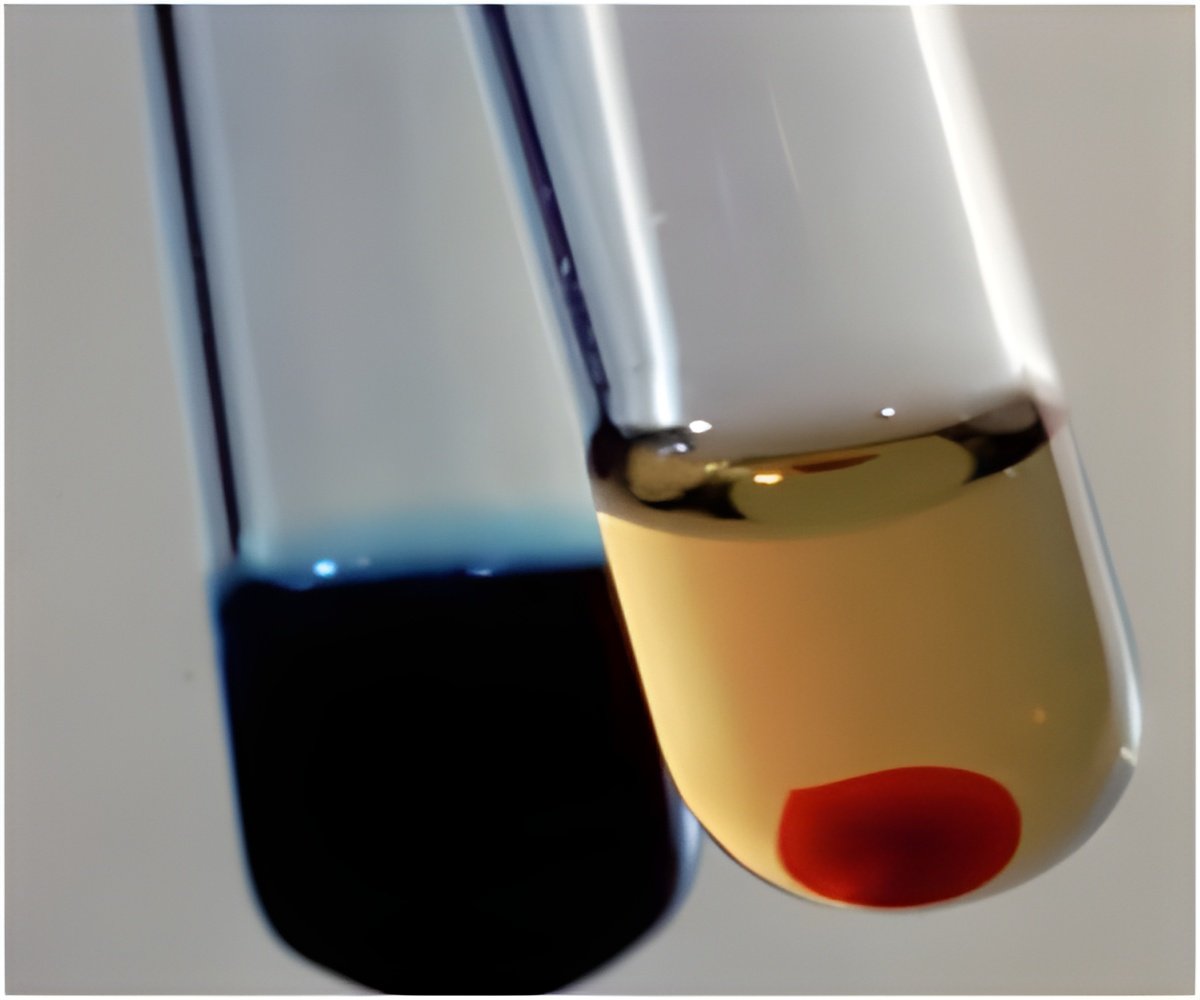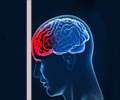A new study suggests that a brain protein, S100B, accurately distinguishes a sports-related concussion from sports exertion.

For years Bazarian and others have been investigating the use of S100B for on-field diagnoses of head injuries. The current method of diagnosing concussion by evaluating symptoms such as loss of consciousness, confusion, and headache are notoriously inaccurate. This makes it difficult for coaches and trainers to decide who should come out of the game.
S100B is a well-accepted biomarker for traumatic brain injury, and Europeans are already using it to decide who is at high risk for intracranial bleeding and in need of head CT scanning.
However, the obstacle to using S100B to diagnose sports concussions has been the observation that brain protein levels tend to rise slightly after physical exertion, for reasons that are not exactly clear. Therefore, scientists must first have the ability to separate the effects of physical exertion from concussion when looking at S100B levels in the blood.
In this study, 46 athletes completed preseason baseline testing for S100B. Researchers re-tested 30 of them after exertion and found that their S100B levels rose on average only about 2% compared to baseline.
Twenty two of the 46 athletes suffered clinically confirmed concussions. And of the 22 athletes, 17 underwent S100B testing within 3 hours of injury. Results showed their S100B levels soared an average of about 81% compared to baseline. Bazarian and his colleagues concluded that in these athletes a rise in S100B levels greater than 45% was nearly diagnostic of concussion.
Advertisement
Source-Eurekalert














